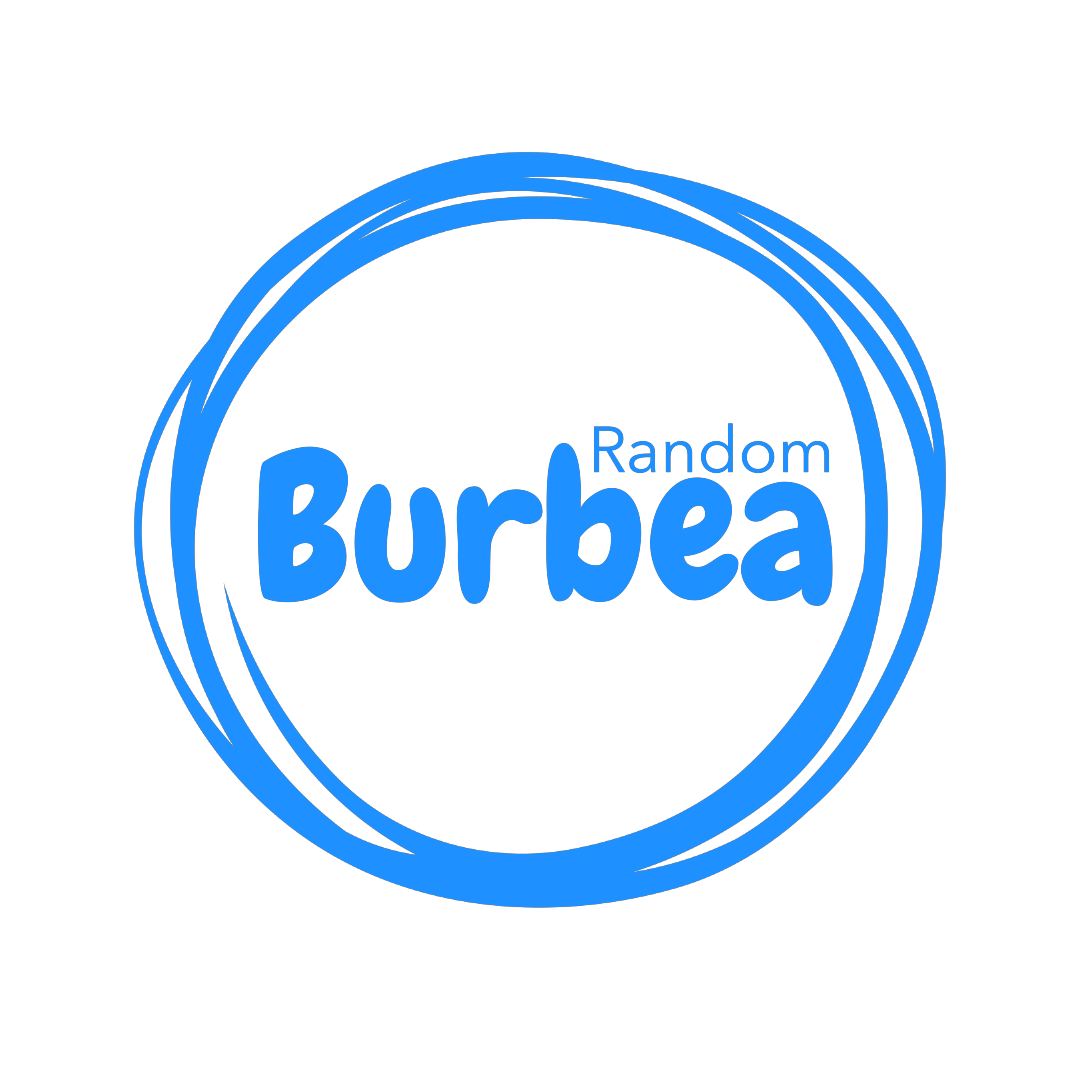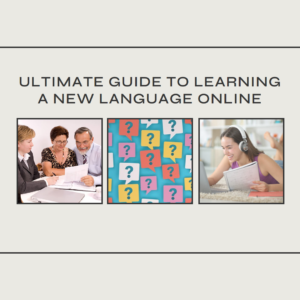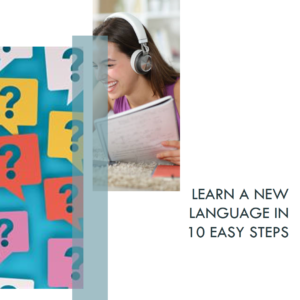In the digital age, learning a new language has transcended traditional classrooms, allowing learners to explore new languages at their convenience and pace. Among the plethora of language learning apps available, Mondly and Duolingo stand out as two of the most popular and innovative platforms. But how do they differ, and which one might be the best fit for your language learning needs?
This article delves into a comprehensive comparison of Mondly and Duolingo, examining various aspects of each app to help you make an informed decision. From user interface and design to pricing and special features, we’ll explore what each platform has to offer. With the focus keyword “Mondly vs Duolingo” in mind, we aim to provide a clear and concise analysis that will guide you through the strengths and weaknesses of each app.
Join us as we embark on a linguistic comparison, breaking down the key differences and helping you choose the right companion for your language learning adventure.
Table of Contents
User Interface and Design: A Comparative Look at Mondly vs Duolingo
When it comes to language learning apps, the user interface (UI) plays a pivotal role in the user’s journey. A well-designed UI can enhance the learning experience, making it intuitive, engaging, and effective. In this section, we’ll delve into the UI aspects of Mondly and Duolingo, two leading apps in the language learning space.
Mondly: Sleek and Practical
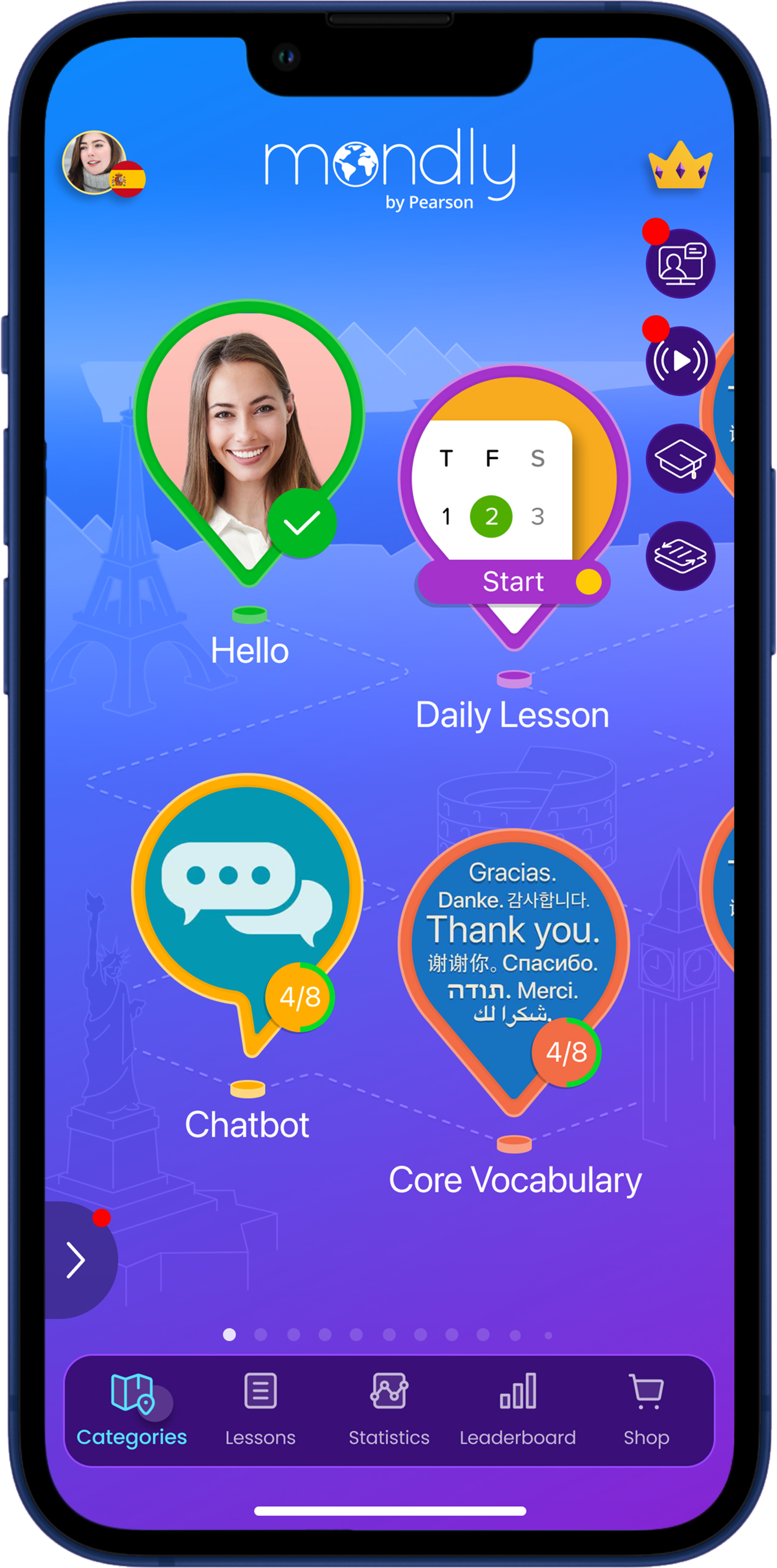
Mondly takes a modern approach to its UI, offering a sleek and clean design that appeals to adult learners. The app’s layout is straightforward, focusing on easy navigation that allows users to move seamlessly between lessons. Mondly’s interface is less cluttered, which can be a breath of fresh air for users who prefer a more mature and sophisticated look.
One of the standout features of Mondly’s UI is its use of visuals and audio cues to reinforce learning. The app incorporates high-quality images and clear audio recordings, instrumental in helping learners associate words with their meanings. Additionally, Mondly’s use of AR and VR technologies provides an immersive experience that is not only innovative but also aids in retention.
Duolingo: Fun and Friendly
Duolingo is known for its playful and whimsical UI. The app’s bright colors and charming illustrations create a welcoming atmosphere for learners of all ages. Duolingo’s mascot, Duo the owl, adds a touch of personality and encourages users through their language journey.
The app’s gamified approach is evident in its UI, with progress bars, rewards, and animations that make learning feel like a game. This can be particularly motivating for beginners and young learners, as it adds an element of fun to the challenges of acquiring a new language.
Comparative Analysis: User Engagement and Accessibility
Both Mondly and Duolingo have invested in creating user-friendly interfaces that cater to different preferences. Mondly’s UI is geared towards a more mature audience, focusing on practicality and immersion. Duolingo’s UI, meanwhile, is designed to be universally appealing, with an emphasis on gamification and interactivity.
In terms of accessibility, both apps offer intuitive layouts that are easy to understand, even for users who are not tech-savvy. The choice between Mondly and Duolingo’s UI may come down to personal preference: whether one prefers a straightforward, modern design or a playful, game-like experience.
Learning Approach: Diving Deeper into Mondly and Duolingo
The methodology behind language acquisition is crucial in any learning platform. Mondly and Duolingo each have their unique take on teaching languages, which we will explore in this section.
Mondly’s Methodology: Practical Language Use
Mondly stands out with its practical approach to language learning. The app emphasizes real-life conversations and situational learning, which can be incredibly beneficial for learners looking to use the language in daily scenarios. Lessons are structured around practical themes such as family, business, travel, and more, providing learners with vocabulary and phrases that are immediately applicable.
Another aspect where Mondly shines is in its focus on grammar and sentence structure. The app guides users through the complexities of grammar with clear explanations and interactive exercises, ensuring a solid foundation is built for more advanced learning. To break this down, some of the main points are;
- Languages Offered: Mondly provides lessons in 41 languages, focusing on practical phrases and situational dialogues.
- Learning Methods: It uses a gamified approach with a strong emphasis on visuals and audio to enhance memory retention.
- Course Structure: Mondly offers thematic units with a flexible path, allowing learners to choose topics relevant to their interests or needs.
Duolingo’s Methodology: Learning Through Play
Duolingo’s learning approach is heavily gamified, making it feel less like traditional study and more like playing a game. Each lesson is presented as a bite-sized task, encouraging users to progress through levels as they would in a game. This method is particularly effective for keeping motivation high and making the learning process enjoyable.
The app also uses a spaced repetition system to help learners retain information over time. By revisiting words and phrases at strategic intervals, Duolingo ensures that learners are reminded of what they’ve studied just before they’re likely to forget it, which is a proven technique for improving long-term retention. To break this down, some of the main points are;
- Languages Offered: Duolingo offers 40 languages, with a focus on building strong foundational skills through translated sentences.
- Learning Methods: The app employs a gamified approach with a linear course structure, incorporating daily, weekly, and monthly challenges to keep learners engaged.
- User Engagement: Duolingo’s use of leaderboards and reward systems is designed to motivate users, a feature that is more prominent compared to Mondly
Comparative Analysis: Suitability for Different Learning Styles
Mondly’s practical, theme-based approach may appeal to learners who prefer structure and are focused on using the language in specific contexts. Duolingo’s playful, task-oriented lessons might be more suited to those who enjoy a casual learning experience with lots of repetition and reinforcement.
Both platforms offer a unique learning experience, and the best choice may depend on the individual’s learning style, goals, and preferences. Whether it’s Mondly’s practical application or Duolingo’s gamified tasks, both apps strive to make language learning accessible and engaging for everyone.
Content Quality and Variety: Mondly vs Duolingo
A critical aspect of any language learning app is the quality and variety of its content. Both Mondly and Duolingo offer a range of lessons across numerous languages, but they each have their own strengths and approaches. Let’s compare the two in terms of content quality and variety.
Mondly’s Content: Diverse and Culturally Rich
Mondly prides itself on offering a diverse array of languages, including some that are less commonly taught. The app’s content is designed to be culturally rich, providing insights into the customs and traditions associated with each language. This approach not only teaches the language but also educates users about the cultural context, which is essential for true language proficiency.
Duolingo’s Content: Comprehensive and Structured
Duolingo offers a comprehensive curriculum that is carefully structured to build language skills progressively. The lessons are designed to cover a wide range of topics, from basic vocabulary to complex grammatical structures. Duolingo’s content is known for its thoroughness and the systematic way it builds upon previous lessons.
Comparative Table: Content Features
| Feature | Mondly | Duolingo |
| Number of Languages | 41 | 40 |
| Lesson Variety | Thematic lessons with practical dialogues | Wide-ranging topics with a focus on translation |
| Cultural Insights | Yes, integrated into lessons | Limited, but available through stories and extras |
| Grammar and Structure | Explicit grammar lessons | Integrated grammar within lessons |
| Audio Quality | High-quality recordings with native speakers | Good quality with a mix of TTS and native recordings |
| Visual Aids | High-resolution images and AR/VR | Illustrations and images to aid memory |
Both Mondly and Duolingo excel in providing quality content that caters to different learning needs. Mondly’s strength lies in its cultural immersion and practical language use, while Duolingo’s structured approach ensures a solid foundation in the language being studied.
Speech Recognition and Feedback: Mondly vs Duolingo
Effective speech recognition and constructive feedback are essential components of any language learning app. They help learners practice pronunciation and improve their speaking skills. Let’s examine how Mondly and Duolingo handle these features.
Mondly’s Speech Recognition: Clarity and Precision
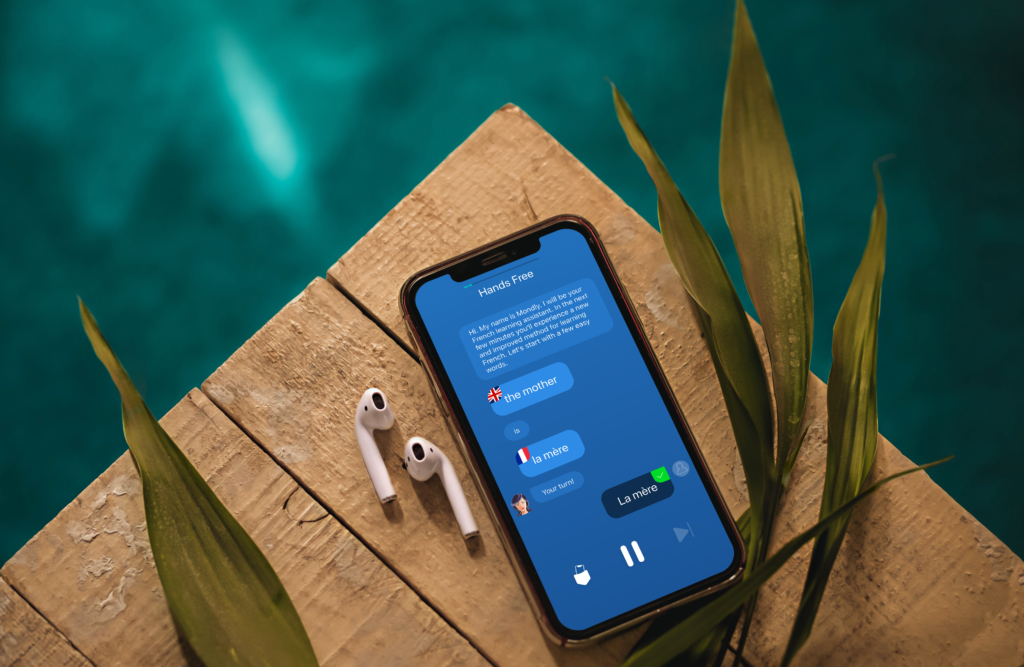
Mondly employs advanced speech recognition technology that focuses on clarity and precision. It encourages learners to speak out loud and offers immediate feedback on their pronunciation. This real-time correction helps users adjust their accent and improve their speaking abilities.
Duolingo’s Speech Recognition: Interactive and Adaptive
Duolingo’s speech recognition system is designed to be interactive and adaptive. It provides users with a safe space to practice speaking and listens carefully to their pronunciation, offering suggestions for improvement. The app also includes speaking exercises that are tailored to the learner’s progress.
Comparative Table: Speech Recognition Features
| Feature | Mondly | Duolingo |
| Technology | Advanced speech recognition | Interactive speech recognition |
| Feedback | Immediate pronunciation correction | Suggestions for pronunciation improvement |
| Speaking Exercises | Real-life conversational scenarios | Tailored speaking tasks based on user level |
| Accent Training | Focus on clarity and accent reduction | Adaptive to user’s pronunciation patterns |
| User Interaction | Encourages frequent speaking practice | Integrates speaking into daily lessons |
Both Mondly and Duolingo offer robust speech recognition systems, but they differ in their approach to feedback and interaction. Mondly provides clear, immediate corrections, making it ideal for learners who want to focus on pronunciation. Duolingo, with its adaptive exercises, offers a more integrated experience that evolves with the learner.
Pricing and Subscription Models: Mondly vs Duolingo
When choosing a language learning app, pricing and subscription options are often decisive factors for users. Both Mondly and Duolingo offer various plans to accommodate different needs and budgets. Let’s compare their pricing structures and what they offer.
Mondly’s Pricing: Flexibility and Value
Mondly provides a freemium model, allowing users to access some content for free. For full access, Mondly offers monthly subscriptions and often runs discounts, making it an affordable option for many users. Additionally, Mondly has multiple subscription options, including a lifetime access plan, which adds to its flexibility.
Duolingo’s Pricing: Free Access with Optional Premium
Duolingo is well-known for its free access model, which allows users to learn without any upfront cost. The app includes ads, but users can opt for Duolingo Plus, a premium subscription that removes ads and provides additional features like offline lessons and progress tracking.
Comparative Table: Pricing Features
| Feature | Mondly | Duolingo |
| Free Version | Limited content with daily lessons | All content with ads and mistake limits |
| Premium Subscription | $9.99/month with frequent discounts | $12.99/month with additional features |
| Additional Offers | Lifetime access option | No lifetime access, but longer-term plans available |
| Trial Period | 7-day free trial | 14-day free trial |
| Ad-Free Experience | With premium subscription | With Duolingo Plus |
Both Mondly and Duolingo provide users with the flexibility to learn at no cost, but they also offer premium experiences for those who wish to invest in their language learning journey. Mondly’s lifetime access is a unique selling point, while Duolingo’s free model is exceptionally user-friendly.
Progress Tracking and Motivation: Mondly vs Duolingo
Staying motivated and tracking progress are key factors in the success of language learning. Mondly and Duolingo both offer features to keep learners engaged and to monitor their advancement. Let’s explore how each app approaches these aspects.
Mondly’s Progress Tracking: Personalized and Rewarding
Mondly provides a personalized dashboard that displays the learner’s progress in real-time. It includes statistics on daily streaks, time spent learning, and lessons completed. The app rewards users with points and badges for completing lessons and achieving new milestones, which can be motivating for learners who enjoy a sense of accomplishment.
Duolingo’s Progress Tracking: Competitive and Community-Driven
Duolingo takes a more competitive approach to progress tracking. The app features leaderboards where learners can compete against others on weekly challenges. It also offers a streak count to encourage daily use and provides XP (experience points) as learners complete lessons, fostering a community-driven and competitive learning environment.
Comparative Table: Progress Tracking Features
| Feature | Mondly | Duolingo |
| Dashboard | Personalized with real-time stats | Community-focused with leaderboards |
| Rewards | Points and badges for achievements | XP and streaks for lesson completion |
| Daily Streaks | Encouraged with daily lessons | Highlighted with streak count |
| Community Engagement | Limited social features | Strong with global leaderboards |
| Motivation Strategies | Milestone achievements | Competitive challenges |
Both Mondly and Duolingo excel in keeping learners motivated and on track with their language goals. Mondly’s personalized approach may appeal to those who prefer individual progress tracking, while Duolingo’s competitive edge might be more enticing for those who thrive in a community setting.
Offline Accessibility: Mondly vs Duolingo
In today’s fast-paced world, the ability to learn on the go, even without an internet connection, is a significant advantage for any language learning app. Both Mondly and Duolingo offer offline accessibility, but with different scopes and limitations. Let’s compare their offerings.
Mondly’s Offline Features: Comprehensive and Convenient
Mondly allows premium users to download lessons, making it possible to learn languages anytime, anywhere. This feature is particularly useful for those who often find themselves without reliable internet access or who want to avoid using mobile data.
Duolingo’s Offline Features: Selective and Streamlined
Duolingo Plus subscribers can also download lessons for offline use. While the free version requires an internet connection, the premium option provides flexibility for learners to continue their lessons while disconnected from the web.
Comparative Table: Offline Accessibility Features
| Feature | Mondly | Duolingo |
| Offline Lesson Download | Available for premium users | Available for Plus subscribers |
| Number of Downloadable Lessons | Extensive selection | Limited selection |
| Access to Full Course Offline | Yes, for premium users | No, only selected lessons for Plus users |
| Ease of Use | Simple download process | Easy download with Plus subscription |
| Additional Offline Resources | Some interactive features available offline | Basic lessons and review exercises available offline |
Both Mondly and Duolingo recognize the importance of offline learning and offer solutions to their users. Mondly provides a more comprehensive offline experience for its premium users, while Duolingo offers a streamlined selection of downloadable content for Plus subscribers.
Special Features: Mondly vs Duolingo
In the competitive world of language learning apps, special features can be a game-changer for users deciding between platforms. Mondly and Duolingo both offer unique elements that enhance the learning experience. Let’s take a closer look at what sets them apart.
Mondly’s Special Features: Technological Innovation
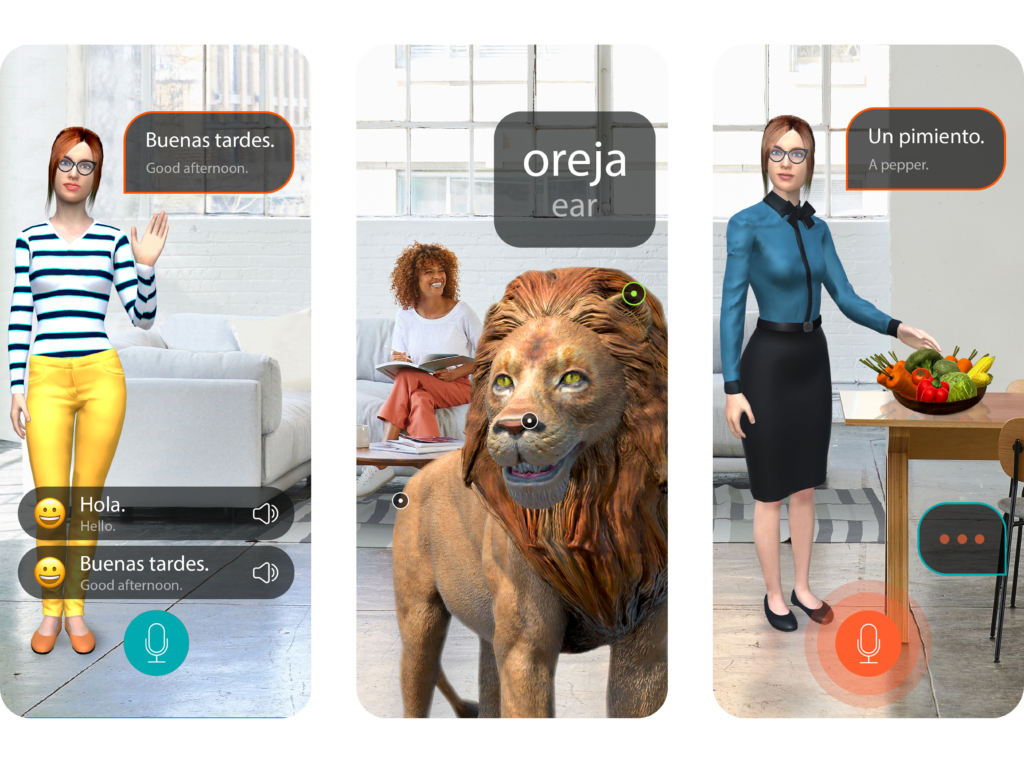
Mondly sets itself apart with its use of cutting-edge technology. The app offers virtual reality (VR) and augmented reality (AR) lessons, providing an immersive learning environment that simulates real-life conversations and scenarios. This innovative approach can significantly boost retention and engagement.
Duolingo’s Special Features: Extra Learning Materials
Duolingo offers additional learning materials that complement its core lessons. Features like Duolingo Stories and Podcasts provide context and entertainment while reinforcing language skills. These extras serve as a valuable resource for learners looking to diversify their study routine.
Comparative Table: Special Features
| Feature | Mondly | Duolingo |
| VR/AR Lessons | Available | Not available |
| Supplementary Materials | Limited | Stories and Podcasts |
| Technological Innovation | High | Moderate |
| Learning Context | Immersive scenarios | Cultural context through stories |
| Entertainment Value | Interactive experiences | Engaging narratives |
Mondly’s technological advancements with VR and AR are impressive and cater to learners who value a high-tech approach. Duolingo’s extra materials, like stories and podcasts, appeal to those who enjoy learning through storytelling and real-world context.
Customer Support and Community: Mondly vs Duolingo
Customer support and a vibrant community are crucial for language learners who seek guidance and interaction. Mondly and Duolingo offer different levels of support and community engagement. Let’s compare their features in these areas.
Mondly’s Customer Support: Direct and Practical
Mondly offers direct customer support through various channels, including email and social media. Users can expect practical assistance with any issues they encounter. Additionally, Mondly provides a FAQ section that covers common questions and concerns.
Duolingo’s Customer Support: Automated and Community-Focused
Duolingo relies heavily on its community forums for support, where users can find answers from other learners. While Duolingo does offer automated support and a help center, the emphasis is on peer-to-peer assistance.
Comparative Table: Customer Support Features
| Feature | Mondly | Duolingo |
| Support Channels | Email, social media | Community forums, help center |
| Response Time | Generally quick | Varies, community-driven |
| Community Engagement | Limited | Extensive, with active forums |
| FAQ and Help Resources | Comprehensive FAQ section | Detailed help center |
Mondly provides more direct support options, which can be reassuring for users who prefer personalized assistance. Duolingo, with its strong community forums, offers a more collaborative environment for problem-solving.
Effectiveness for Different Learner Levels: Mondly vs Duolingo
The effectiveness of a language learning app can vary depending on the learner’s level. Beginners, intermediates, and advanced learners may find that certain features cater more to their needs. Let’s evaluate how Mondly and Duolingo serve different learner levels.
Mondly’s Effectiveness: Practical and Flexible
Mondly is effective for beginners and intermediate learners due to its practical language use and flexible learning paths. The app offers specialized courses for professionals, which can be beneficial for intermediate learners looking to use the language in specific contexts.
Duolingo’s Effectiveness: Foundational and Structured
Duolingo is particularly effective for beginners, providing a solid foundation in the language with its structured lessons. The app’s gamified approach keeps learners engaged, which is essential for building basic skills.
Comparative Table: Effectiveness for Learner Levels
| Learner Level | Mondly | Duolingo |
| Beginner | Practical phrases and dialogues | Strong foundational lessons |
| Intermediate | Specialized courses, flexible paths | Progressively challenging content |
| Advanced | Limited advanced content | Some advanced lessons, but focus is on earlier stages |
While both apps are suitable for beginners and intermediates, Mondly offers more practical language use and Duolingo provides a more structured learning experience. Advanced learners may need to supplement their learning with additional resources beyond these apps.
Conclusion: Choosing the Right App in the Mondly vs Duolingo Debate
In the quest to master a new language, the choice between Mondly and Duolingo can be pivotal. Our comprehensive comparison has highlighted the strengths and unique features of each app, providing insights into their methodologies, content quality, speech recognition capabilities, pricing models, progress tracking, offline accessibility, special features, customer support, and effectiveness for different learner levels.
Mondly shines with its practical language use, innovative AR/VR technology, and comprehensive offline accessibility. It caters well to learners who value a modern approach and are looking for a flexible learning path that includes cultural insights.
Duolingo, with its strong foundational lessons, gamified learning approach, and extensive community support, appeals to those who enjoy a structured learning journey and benefit from a competitive, community-driven environment.
Ultimately, the decision may come down to personal learning preferences, goals, and the specific features that resonate most with you as a learner. Both Mondly and Duolingo have proven to be formidable tools in the language learning arena, each with the potential to guide you towards linguistic proficiency.
As language learning continues to evolve with technology, both Mondly and Duolingo are likely to expand and refine their offerings. Whichever you choose, the most important step is to start your journey and discover the joy of communicating in a new language. If you are still interested in either of these, you can go directly to Duolingo website here, the Mondly Website Here or click the below banner which takes you to their sign up page;

